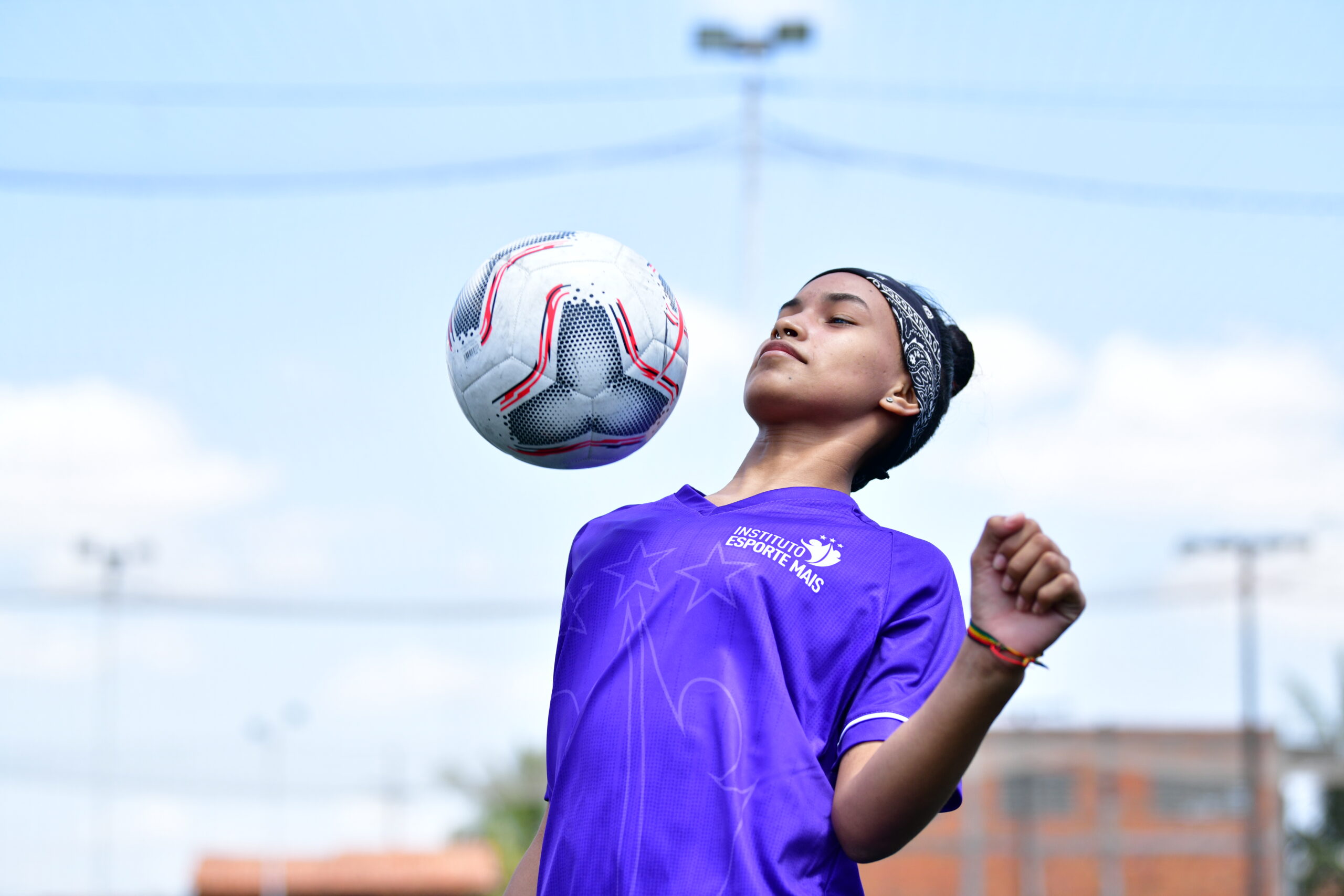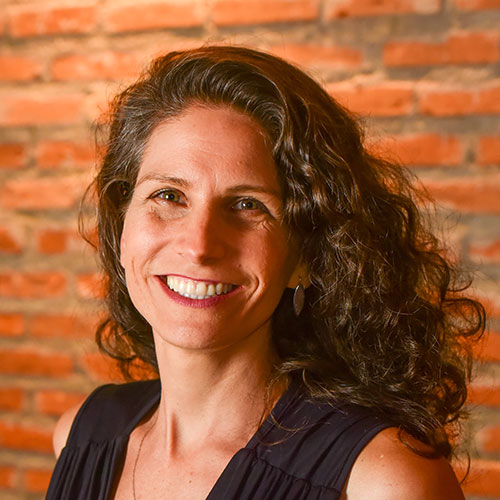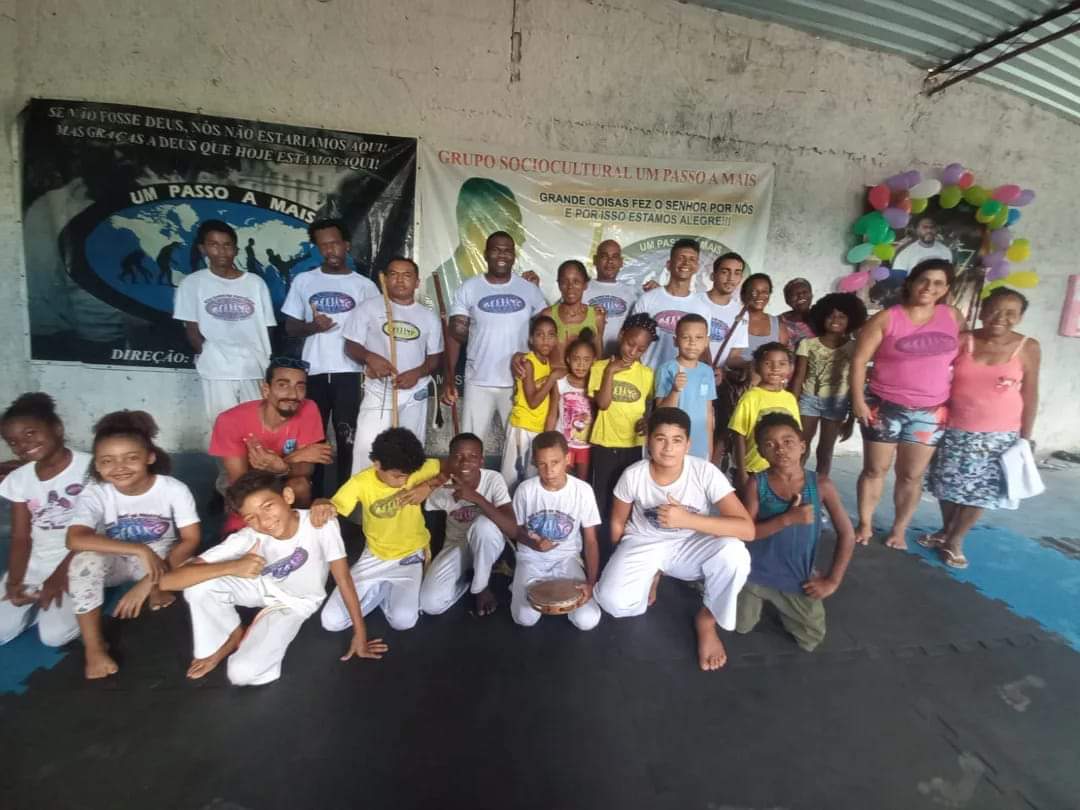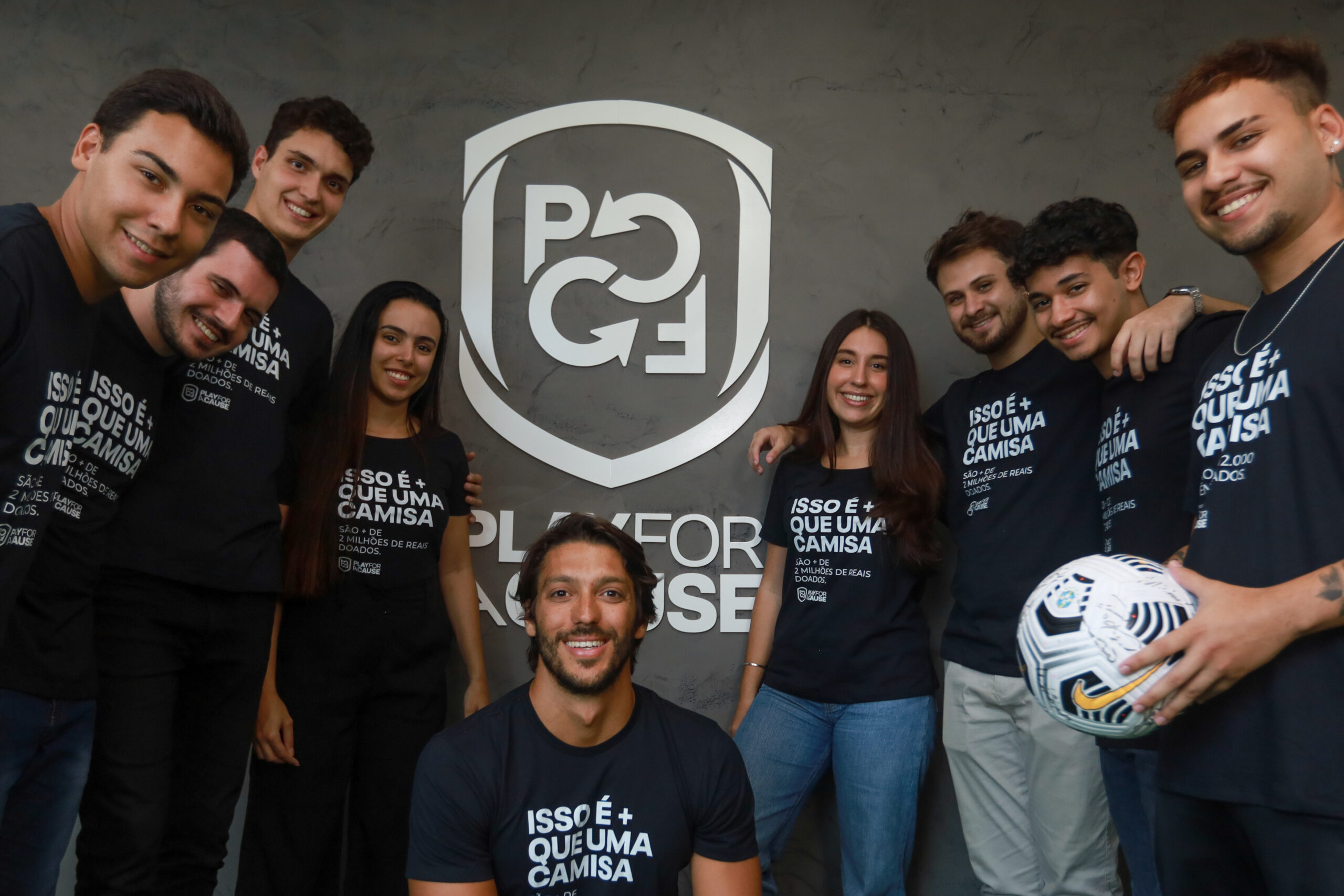Esporte Mais Institute guarantees safety and increases the permanence of girls and women in soccer in Fortaleza, Ceará
Women's soccer respects gender differences, promotes technical and socio-emotional skills and generates social transformation


Soccer is still seen as a masculine sport. To break this stigma, Daiane França, a soccer player, created the Esporte Mais Institute. The project has been ensuring safety for girls and women who play soccer. Mainly, it gives them tools to keep playing for years.
Among the challenges for girls and women to remain in the sport are the lack of space to play, episodes of moral and sexual harassment on and off the pitch, constant association of female soccer players with lesbianism as a form of oppression, disrespect for female physiological needs linked to menstruation, etc.
That’s why many girls and women start playing, but end up giving up after a while, explains Jessyca Rodrigues, co-founder of the Esporte Mais Institute. Jessyca was also a soccer player and says she faced several difficulties:
“We always needed to share the court with the men, and when they arrived, we had to stop the game to free up space. I also had some experiences with soccer teams in which the coaches themselves did not know how to deal with female issues, such as menstruation, for example. We were seen as a problem”, she recalls.

Football for development
Daiane França and Jessyca Rodrigues are physical educators. They created the Esporte Mais Institute after participating in a training program offered by the German International Cooperation Agency (GIZ) during the period of mega sporting events held in Brazil: the World Cup and then the Olympics, between 2014 and 2016.
During GIZ’s “Sport for Development” program, they were able to think of new methodologies that use sport as a tool for social transformation. To achieve this, it was necessary to include a vision of integral development, in which it was possible to develop emotional, personal and social skills, in addition to the very well-developed technical skills of sport.
As a result, program participants created innovative pedagogical approaches: “The Social Training was a manual built from experiences in Germany along with Brazilian experiences. We participated in the construction of this material and soon after, we founded the Esporte Mais Institute. It was the way to continue that work, since we saw how significant it was and how it could have a social impact”, says Jessyca.


Girls and women in football
Esporte Mais Institute was created to include and keep girls and women playing soccer. Thus, the institute’s first project was Football for Equality. Aimed at girls between the ages of 12 and 29, the project is developed by a multidisciplinary team made up entirely of women: social workers, psychologists, nutritionists, physical education professionals and interns.
Activities began with workshops on female empowerment in soccer teams that already existed. “The workshops took place during the game itself and the girls who participated in the activities said that they had never done a training session that gave them a voice, where they could talk about how they were feeling. So we realized how important that was!” says Jessyca.
The project soon became a reference and occupies a central place at the institute until today. According to Jessyca, it is essential to guarantee safe and inclusive spaces for girls to access and remain in sport:
“We need to offer girls a safe space physically, but also emotionally. For this, training must take place in a place that is easily accessible, that has physical security, an environment that can be controlled, with a gate to be closed during the game and that prevents external access inside the field”, he explains.
“It is also necessary to have a space with a locker room, where the girls can have privacy to change clothes and wash themselves if they are menstruating. Including pads in first aid kits is also a necessity. They need to feel comfortable and that that space is worthy for them”, recalls Jessyca.


Woman’s nature is not a problem
For Jessyca, what is natural for women should not be seen as a problem, nor should it prevent the practice of sports. That’s why it was important to develop a project where women felt welcomed and worthy of practicing that physical activity. With simple measures, women increased the time spent playing soccer:
“If before, a girl who attended a women’s soccer project stayed only one or two months, now we have girls who have been with us for five, seven years and who continue to self-develop and even grow within the project itself”, says Jessyca.
In addition to the material devices, having prepared teams who are open to dialogue, offering representation and inspiring the soccer players also collaborated to strengthen the project. Many of the students went to study physical education and became interns, for example. Building the bond, points out Jessyca, was crucial in this process.


Sport and social transformation
Studies show that girls start playing sports much later than boys in Brazil. While boys start the practice at five years old, girls usually have their first experiences with sports at 11. In this process, women have already missed an important stage in their physical and sporting development, warns Jessyca.
And when girls reach 11 years of age and start playing sports, they too are faced with the changes of adolescence and puberty. For this reason, she explains, these girls are often excluded or withdrawn from sports because they do not feel welcome and have a team that is prepared to understand this cycle.
In football, in particular, it is still necessary to break the barrier of prejudice. “Girls who practice soccer are seen as masculine and this causes them to have low self-esteem, since they begin to think that the place is not for them or that it will never work out”, says Jessyca.
After eight years developing socio-emotional skills, the results are promising: most of the girls benefited by the institute, in addition to increasing their permanence in sport, also managed to participate in courses, workshops and public notices and are now photographers, referees, university students and interns in the project itself.
How the Esporte Mais Institute works
The Esporte Mais Institute serves 150 girls and women, coming from more than 15 different neighborhoods in the city, in four centers spread across Fortaleza, Ceará. The girls train soccer two to three times a week and participate in a variety of other activities focusing on socio-emotional skills and gender equality.
The nuclei work through partnerships with private companies and public authorities. There is a Society Football nucleus at the University of Fortaleza (Unifor), a Soccer nucleus at the Olympic Training Center, another Futsal nucleus at Cuca José Walter, finally, a nucleus at the José Walter Arena, which also belongs to the Municipal Secretariat of Sport and Leisure of Fortaleza.
To participate in the project, it is necessary to register, which takes place twice a year: in July and in January. Any girl or woman between the ages of 12 and 29 can apply. After enrolling, the girls attend the project for a month to understand how it works. If, after a month, she decides to stay, she receives a kit that makes her entry into the project official, containing cleats, two uniforms, backpack, squeeze and socks. The girls are also directed to access the athletic scholarship and other forms of support.
The main sources of funding for Instituto Esporte Mais are sports incentive laws, both federal and state law. The institute is also sponsored by BB Seguros, Elo, Livelo, Instituto Heineken, among others.


Want to support this cause?
Discover Esporte Mais Institute’s website and follow the social networks on Facebook, Instagram and Linkedin.
For more information, the contact email is: contato@esportemais.org



